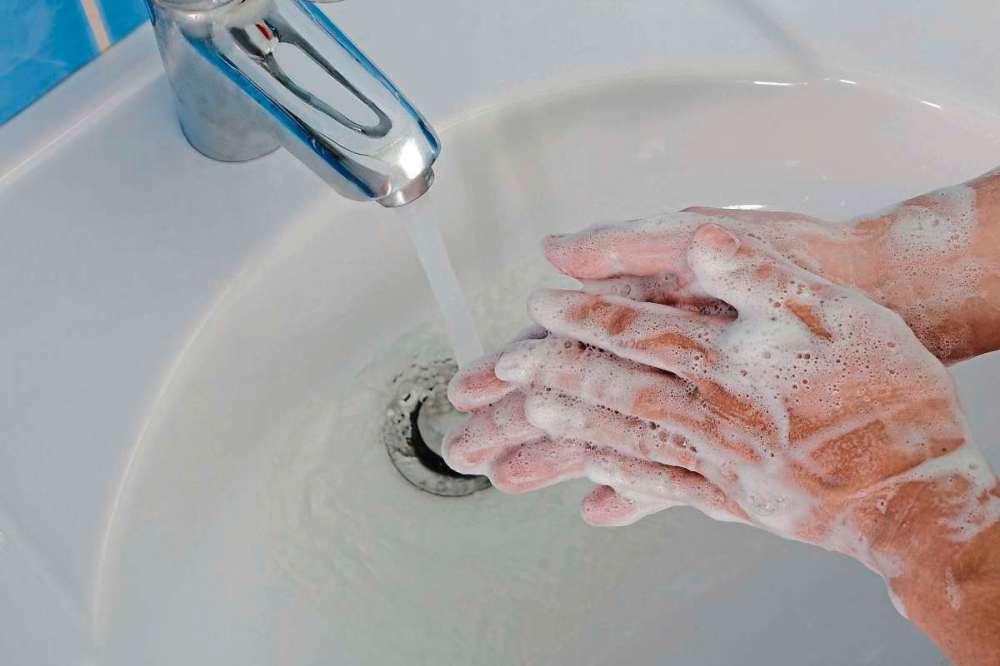The importance of proper hand hygiene
Advertisement
Hey there, time traveller!
This article was published 05/09/2017 (2980 days ago), so information in it may no longer be current.
We heard it countless times when we were kids — whether it was coming in from digging up worms in the backyard, right before devouring a meal, or after doing your business in the toilet:
“Did you wash your hands?”
Years later, we’re on the opposite end of the equation, asking our own kids this very question. As a parent, however, knowing just exactly why routinely washing our hands is important and how to properly teach our children, is the key to ensuring they understand.

Kazel Ebora, primary care nurse at NorWest Co-op Community Health, says that “when performed correctly, hand hygiene is the single most effective way to prevent the spread of communicable diseases and infections.”
Bacteria can easily be picked up in many common areas, such as: kitchens; washrooms; waiting areas in hospitals and clinics; airplanes; doorknobs and hand railings; children’s toys; recreational facilities; and crowded areas — to name just a few.
“Once picked up, hand-to-hand contact is probably the easiest and most common vehicle for spreading microorganisms and illness such as the influenza virus – or ‘the flu’ – for example,” Ebora said.
Infectious diseases are a risk to the very young, the elderly, those with pre-existing diseases, and people with compromised immune systems.
“Even if your hands look clean, they can still carry all kinds of infectious germs, so wash them. Children tend to mimic our actions, so parents should be setting an example of good hand hygiene,” Ebora said.
Nancy Heinrichs is the executive director for NorWest Co-op Community Health Centre. For any questions or comments, please email nheinrichs@norwestcoop.ca




